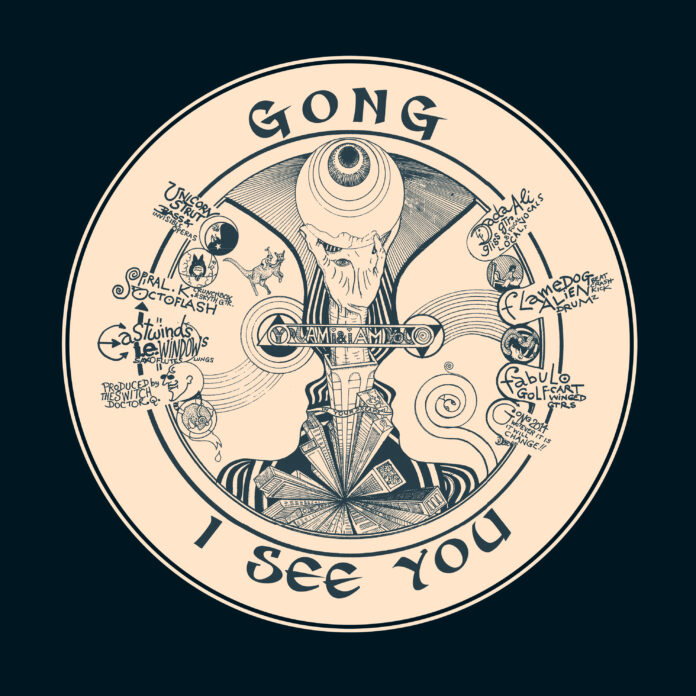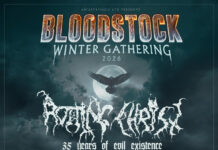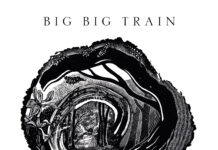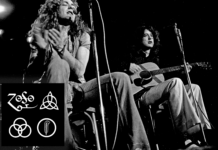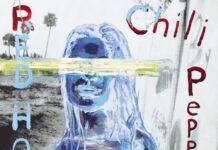I See You was to be the final album Gong recorded with band founder, guiding light and ethereal spirit, Daevid Allen, plus also his wife Gilli Smyth. Both were undergoing treatment for terminal illnesses which would see both casting off this mortal coil within two years of its being released. Gong continued though, with Daevid’s full blessing, with the torch being passed onto Kavus Torabi, who still leads the band today.
It’s an album which is a fitting testament to the creativity and revolutionary ethos of Daevid Allen who, even at 76, showed, despite his illness, he was still capable of coming up with some fine compositions, while Gilli’s role was mainly limited to offering ‘space whispers’ in the appropriate places. Gong’s psychedelic agenda remained intact but, on this and all future albums, it’d be accompanied by modern electronics and a degree of ambience, both of which were effortlessly absorbed.
The album winds down with two 10 minute plus tracks, showing the different sides of the band. There’s a kind of wistful sadness about ‘Thank You,’ which doesn’t really sound like Gong until a few minutes in, when it becomes almost like a farewell song to anyone who’d ever been associated with the band, stating “..thank you for the music and the good times”. Closing track ‘Shakti Yoni & Dingo Virgin,’ however, is vintage Gong going right back to their early seventies releases. It’s extremely spacey with gorgeous celestial glissando guitar, ambient drones and space whispering from Gilli Smyth, and a very fitting epitaph for Daevid and Gilli.
There’s more dreamy psychedelia on pieces like ‘Syllabub and Pixielation,’ a track which, lyrically and musically, would easily fit in alongside any of their early-mid-seventies trilogy albums. But they can rock when required. ‘Occupy’ is an up-tempo rock tune with a touch of manic sax, and ‘The Eternal Wheel Spins’ is probably as near as Gong ever came to playing classic rock, with more manic sax and exceptional guitar work from Kavus Torabi. ‘When God Shakes Hands With The Devil’ is mostly a spoken word piece with flute and sax to the fore, while ‘This revolution’ is a politically themed poetry interlude. Again, the lyrics are spoken rather than sung, and is presented along the lines of Gill Scott Heron’s ‘The Revolution Will Not Be Televised’. The revolution here, singing “.. comes from the source of our own dreams, inside us”.
There’s maybe less of the ‘nursery rhyme whimsy’ prevalent on earlier Gong albums, but this sounds like a throwback to the seventies and rammed full of the sounds and spirit which made Gong almost unique, and it’s probably one of their strongest releases since 1974’s You.

